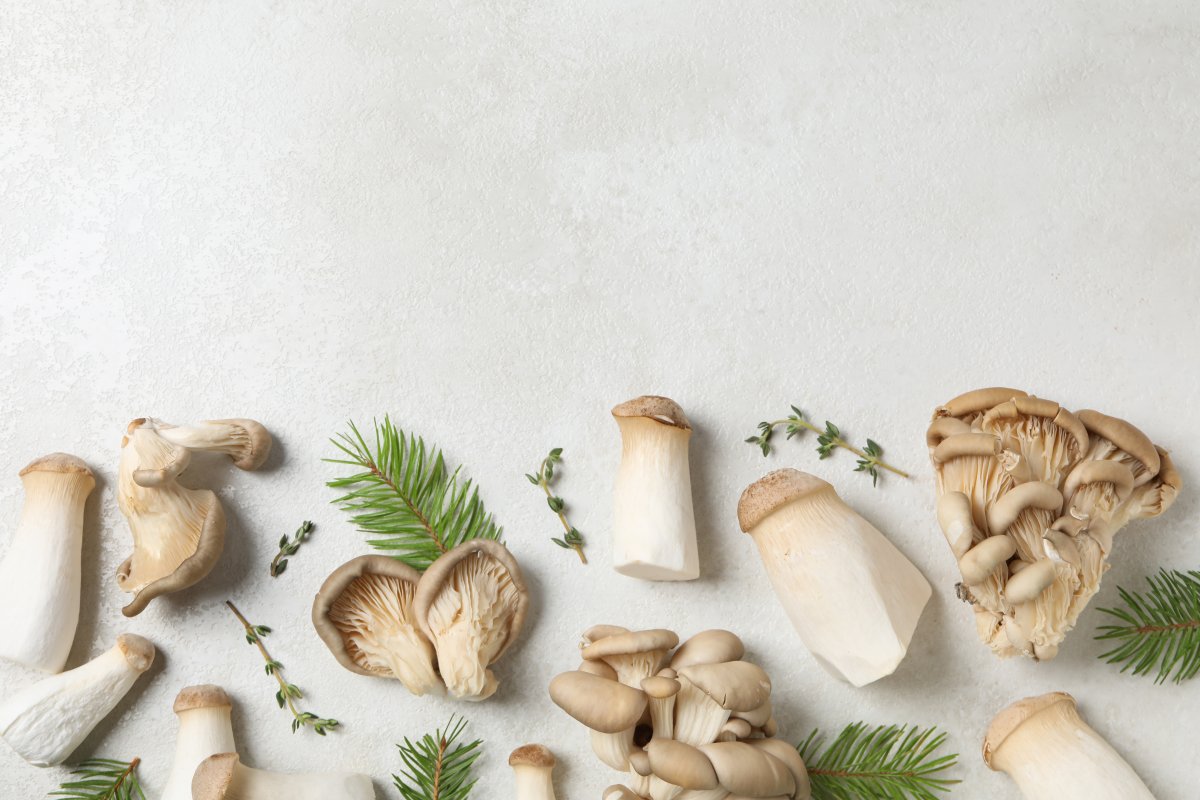
Mushrooms are a nutritious and versatile food that can play a vital role in a balanced diet. Packed with essential vitamins, minerals, and plant-based protein, they offer numerous health benefits while being low in calories and fat. As more people seek nutritious and sustainable food sources, mushrooms are gaining recognition as a valuable addition to healthy eating.
Protein Content in Mushrooms
While not as protein-rich as animal-based sources, mushrooms provide a good amount of plant-based protein. Some varieties, such as oyster mushrooms and portobello mushrooms, contain around 3-4 grams of protein per 100 grams, making them a useful option for vegetarians and vegans.
Essential Vitamins and Minerals in Mushrooms
Mushrooms are an excellent source of key vitamins and minerals that support overall health:
Vitamin D: Certain mushrooms, such as shiitake and portobello, can produce vitamin D when exposed to sunlight, supporting bone health and immune function.
B Vitamins (B1, B2, B3, B5, B6, and B12 in some cases): Help convert food into energy and support brain health.
Selenium: A powerful antioxidant that protects cells from damage and boosts immunity.
Potassium: Important for heart health and muscle function.
Iron and Zinc: Support immune function and oxygen transport in the blood.
Health Benefits of Including Mushrooms in Your Diet
Supports Immunity: Rich in antioxidants and beta-glucans, mushrooms help strengthen the immune system.
Aids in Weight Management: Low in calories and high in fiber, mushrooms promote satiety and can support weight loss efforts.
Enhances Gut Health: Prebiotic compounds in mushrooms nourish beneficial gut bacteria.
Promotes Heart Health: Contains compounds that help regulate cholesterol levels and reduce inflammation.
Sustainable and Eco-Friendly: Mushrooms require minimal resources to grow, making them an environmentally friendly food choice.
How to Incorporate Mushrooms into Your Diet
Grilled or Sautéed: Use mushrooms as a flavorful side dish or meat substitute.
Soups and Stews: Add mushrooms to enhance texture and nutrition.
Mushroom-Based Protein Alternatives: Explore mushroom-based burgers, meat substitutes, and protein powders.
Smoothies and Supplements: Some medicinal mushrooms, such as reishi and lion’s mane, can be taken in powder form for added health benefits.
Conclusion
Mushrooms are a nutrient-dense food that provides essential vitamins, minerals, and plant-based protein. Whether eaten fresh, cooked, or as a supplement, incorporating mushrooms into your diet can contribute to overall health and wellness while supporting sustainable food choices.
